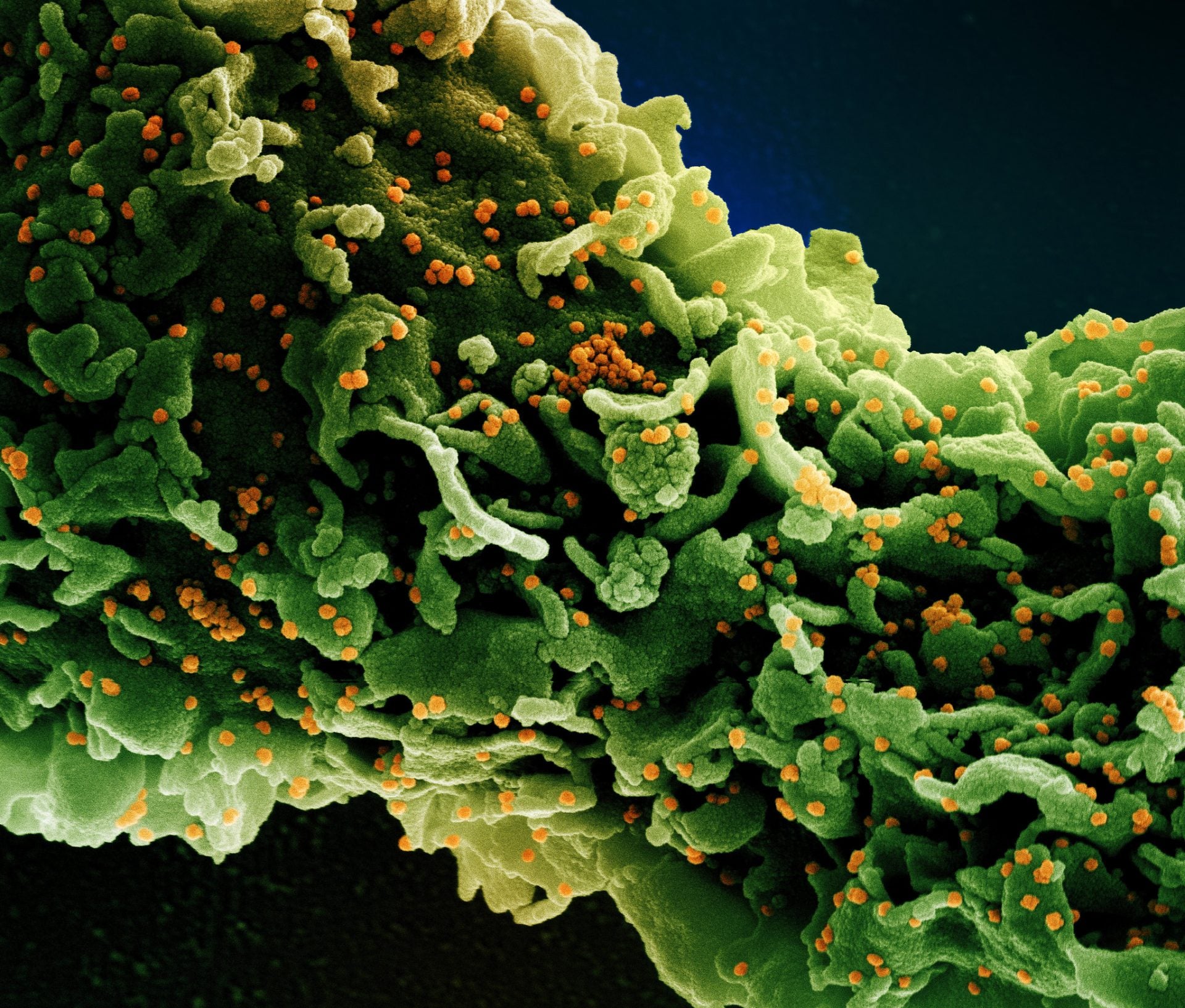
GeNeuro has signed a research agreement with Northwestern University in the US to assess the relationship between the expression of human endogenous retrovirus W envelope protein (HERV-W ENV or W-ENV) and long-Covid neuropsychiatric syndromes.
The parties will analyse this link and detect affected patients who could benefit from GeNeuro’s temelimab, an anti-W-ENV antibody, the company noted.

Discover B2B Marketing That Performs
Combine business intelligence and editorial excellence to reach engaged professionals across 36 leading media platforms.
The collaboration intends to create evidence of W-ENV expression on the transcriptional and protein level to determine if this protein can be a blood biomarker of neurological complications of long-haul Covid.
W-ENV’s pathogenic properties on neural system cells are proven and its sustained presence may offer a biological rationale and a therapeutic shift for the treatment of affected patients.
Detecting the characteristics of the patients that could benefit from temelimab therapy is a vital success factor in this latest indication.
Northwestern Medicine Neuroinfectious Diseases and Global Neurology chief professor Igor Koralnik said: “At Northwestern we are committed to finding treatments for the patients suffering from long-haul Covid‑19 and this research agreement will test an interesting hypothesis.

US Tariffs are shifting - will you react or anticipate?
Don’t let policy changes catch you off guard. Stay proactive with real-time data and expert analysis.
By GlobalData“We will determine whether the continued and self-sustained expression of W-ENV after the acute phase of the disease could be associated with some of the neurologic and psychiatric symptoms experienced by long-haul Covid patients.”
SARS-CoV-2 was demonstrated to induce W-ENV expression in the white blood cells of nearly 20% of healthy donors. This indicates a genetic and/or epigenetic susceptibility to produce this pathogenic protein on viral exposure.
W-ENV expression was detected in the lymphocytes of hospitalised Covid-19 patients as compared to none in healthy people.
Furthermore, the W-ENV level was linked to the severity of the evolution of the Covid-19.
The new agreement complements the efforts announced earlier in the long-haul Covid field that GeNeuro launched in Europe with Fondation FondaMental and the International Center for Infectiology Research, Lyon, France.
In March 2019, GeNeuro announced that its two-year Phase IIb study of temelimab in multiple sclerosis confirmed the results from a previous 48-week CHANGE-MS trial where the drug had a neuroprotective effect.




